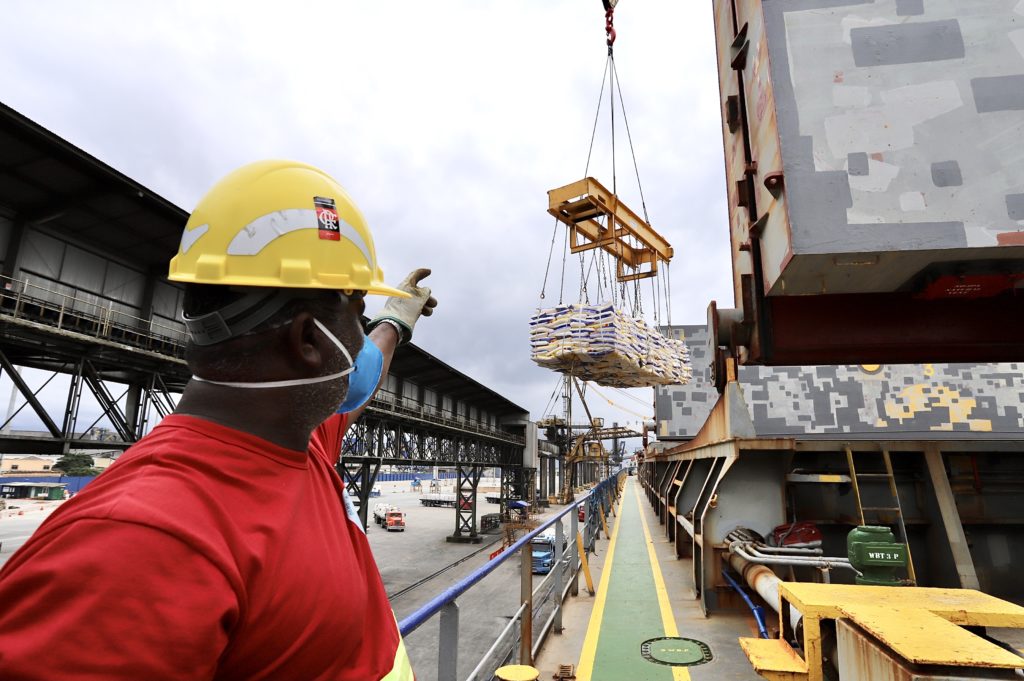Brasília – Since Wednesday (28), Brazilian companies can obtain export and import licenses more easily. The local government launched the Flex License, which will replace several documents and allow one permit to be used in different international trade operations. Introduced by decree published in the Brazilian Official Federal Gazette, the Flex License can be obtained at the Single Foreign Trade Portal (Pucomex).
The main differential of the Flex License is in the issue process, which is now based on the operations’ deadlines, quantities, or values. Hence, a license can be used in more than one external sale or purchase, reducing the expenses of issuing documents and streamlining the processes of foreign trade companies.
Concerning imports, in which the issue of most documents is paid, the Flex License will also save costs. A company importing photovoltaic cells, or automotive wheels, can save around BRL 7,700 (about USD 1.593 at the current rate) a year or BRL 30,600 (about USD 6.332) in four years if they get a four-year Flex License. Until now, to import these products to Brazil three times a week, the same company would need 144 documents a year and 576 in four years, at BRL 53.53 (about USD 11) each.
The Flex License will also bring agility, replacing some documents that take weeks to be issued. The Brazilian National Institute of Metrology, Quality, and Technology (Inmetro), the body that authorizes operations in the case of photovoltaic cells, takes an average of 15 days to issue each document. For other government agencies, the average processing time may exceed 35 days. Companies save time and cost with the new tool by requesting a license only once.
Centralization
The decree also centralized filling out forms and delivering documents, data, and information. These procedures take place solely through the Pucomex, without the need for the exporter or importer to provide clarifications to different bodies.
The measure regulates Law 14,195 of 2021. According to the Brazilian Ministry of Development, Industry, Commerce, and Services, the change will be implemented gradually. Centralization in the Single Portal will occur until September 1, 2023, for exporters and until March 1, 2024, for importers.
Translated by Elúsio Brasileiro




